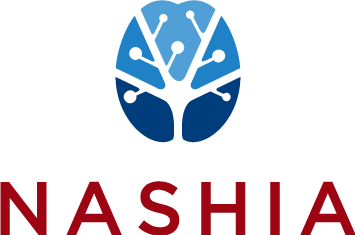Traumatic Brain Injury (TBI), the leading cause of death and lifelong disability among Americans under the age of 45 (Centers for Disease Control and Prevention, 2020), can happen to anyone at any time. TBI can create immediate temporary changes or lead to a lifelong process of recovery with physical, emotional, and cognitive challenges. Individuals with TBI need a variety of customized services and supports to return to work. This session will provide an overview of TBI and how it happens, as well as a discussion of the types of challenges it can create personally, academically and professionally. Basic accommodations and strategies for helping individuals with TBI obtain and retain employment will be shared. There are a number of resources available to help, and guidance on accessing them will be provided to support both the individual seeking employment as well as state and community providers assisting them.
View Recording and Supporting Materials Here
Presenter: Maria Crowley, MA, CRC
Maria Crowley is NASHIA’s Director of Professional Development, planning and coordinating programs to enhance the knowledge and skills of the brain injury community, focusing on state government needs. She also serves as a primary consultant for the TBI Technical Assistance and Resource Center, funded by the Administration for Community Living, supporting State TBI grantees and other stakeholders. She has worked in the disabilities field with state government for 30 years, and specifically in brain injury since 2000, to help individuals in home, community, and employment. Maria worked in rehabilitation first as a job coach, then as a Business Relations Consultant, working with VR counselors, business and employment staff for the Alabama Department of Rehabilitation Services. As the State Head Injury Program Director for ADRS she led a number of initiatives and provided technical assistance related to juvenile justice, policy influence, concussion management, intimate partner violence, employment, trust funds, advisory boards, service coordination and trauma/surveillance registries within business, state government, nonprofits and partner organizations. Her experience also includes budget operations, grant writing, pediatric and adult staff supervision, program guidance and grant project administration.

